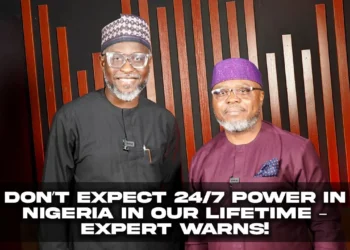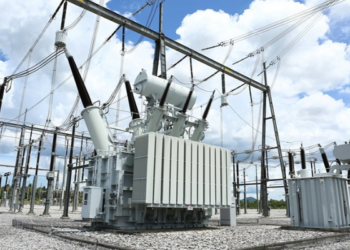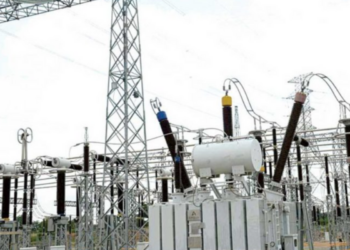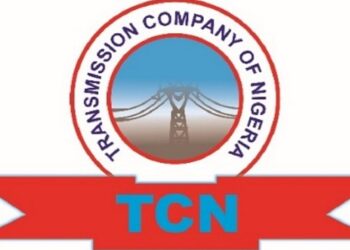Article Summary
- In a policy memo, the government has been advised to focus on electricity consumed as a yardstick for increasing capacity.
- The previous focus on electricity generated has no impact on overall consumption.
- The incoming administration needs to build on what the Buhari administration has done already.
In a policy memo addressing Nigeria’s power sector challenges, the Managing Director/CEO of New Hampshire Capital Limited, Mr. Odion Omonfoman urged the government to move away from measuring electricity generation in terms of megawatts (MW) and instead focus on incremental megawatt-hours (MWh) generated and consumed.
He emphasized the importance of considering the actual amount of electricity delivered and consumed per hour, highlighting the significance of this shift in mindset for electricity consumers in Nigeria.
Explaining further, Omonfoman said the government should stop thinking of installed generation capacity and start to think in terms of the amount of electricity delivered.
Why electricity consumed per hour is more impactful
According to Omonfoman, this is an important paradigm shift with a positive impact on the government, as having such a policy mindset changes the prioritization and allocation of public and private resources to projects, interventions, and initiatives across the electricity value chain.
This change in focus will ultimately increase the energy output, availability, reliability, and quality of electricity delivered to end-users.
A part of the policy memo stated:
- “Under the new paradigm, we expect the incoming administration spokespersons to make statements such as “we will increase the total electricity delivered to Nigerian households and businesses from xyz megawatt-hours (MWh) by 100% within x months”, rather than the usual statement saying “we will increase generation capacity to 20,000 megawatts (MW).
- “Increasing generation capacity to 20,000 MW without most of the 20,000 MW being consumed or a corresponding increase in electricity consumption is not only meaningless but also fiscally detrimental to the country.”
How this can be achieved
Omonfoman wrote that the increase in megawatt-hours delivered to electricity customers can be achieved through a seamless conversion and flow of energy from the natural gas fields to the generation stations, and from the generation stations to the high-voltage lines that transmit the energy to the national grid, and ultimately to medium-voltage and low-voltage lines that distribute the energy to end users.
- So, the Tinubu administration needs to prioritize solving the interface issues and challenges across the entire power sector value chain (from natural gas-to-electricity interface, generation-to-transmission interface to transmission-to-distribution interface).
- The Tinubu administration also needs to build on the current initiatives and projects of the President Muhammadu Buhari government, with a strategic objective to optimize the value-for-money outcomes of a number of these projects, initiatives, and interventions.























